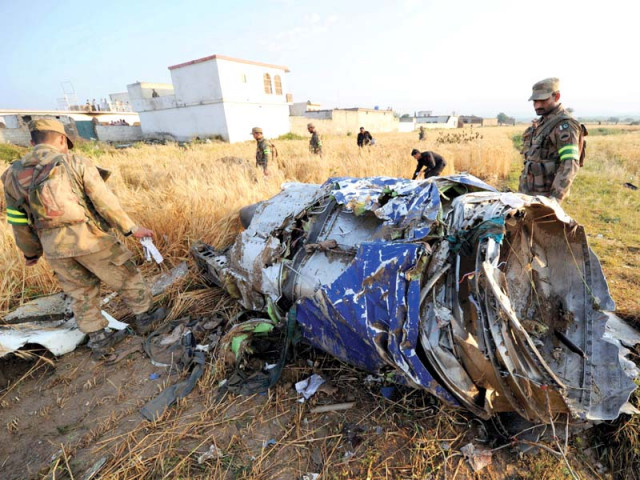
Disaster is the daily diet for most Pakistanis, at least those who turn on their television sets. But as this form of media has attracted audiences, so has it incurred their criticism for showing graphic material and terrorist attacks unfolding.
On April 25, the media regulator, Pemra, issued notices to 17 television channels for showing “blood, gore, dead and mutilated bodies” from a private plane crash in coverage which it described as “horrific and insane”.
The only problem was that the notices were sent five days after the April 20 tragedy.
It is not surprising therefore that Supreme Court advocate Zahid Ebrahim argues that the official Pemra code of conduct does not work in the present media landscape in Pakistan. The only thing that can work is self-regulation of the media.
Ebrahim, who has worked in media law for over a decade and writes on the subject frequently, also felt that an independent media commission needs to be set up. He was speaking at an event, “Dialogue on Media Laws” organised by the US Consulate in Karachi on Saturday.
It is not as if media organisations have not taken a stab at the problem over the past three to four years. “Self-regulation has made a big difference and has had a greater effect on fact-checking,” Ebrahim said, but added in the same vein that he isn’t satisfied even though it’s a step in the right direction. Often when media laws are brought up, journalists tend to be wary that it may end up restricting their work, but one speaker said that this usually isn’t the case in reality. The pre- and post-Partition laws, such as the Telegraph Act and the Post-Office Act, have never hindered their work. The laws in Pakistan concerning the media are adequate but the problem lies with enforcing them. Also, some of the laws need to catch up with technology. Speakers praised the government for changing its old school attitude and now providing more carrot and less stick when it came to the media. For instance, newspapers get more ads now from the government which helps contribute to their revenue.
US Consul General William Martin dwelt on how the media is strengthening democracy and making it more representative of the people. “And all of this is possible because journalists exercise their freedom of speech, their freedom of expression, every day.”
The speakers all seemed to agree that the press in Pakistan was quite free. But Zahid Ebrahim, added that while the media in Pakistan was exceptionally powerful, it was also vulnerable. The imbalance between power and security affects the credibility of information, meaning that self-preservation can lead to adulterated information.
Journalist Ghazi Salahuddin pointed out that when there is talk about the power of the media people fail to ask what it has actually accomplished with this power. “What has it done to create an informed public that can carry out a rational discourse on affairs?” he asked rhetorically, “the media hasn’t been able to create an environment where a reasonable debate can take place, and that is its primary duty.”
Aside from representatives of the traditional media, blogger Faisal Kapadia spent some time talking about how new media intersects with the law. He brought up recent efforts by the Pakistan Telecommunication Authority to ban millions of URLs as well as social media websites. Here, he argued, it is not necessarily just what is banned but rather, how it is banned.
“More focus needs to be on the banning process and what it entails. The system is ad-hoc, no notice is given, there is no board overseeing it, no oversight and usually no redress,” said Kapadia.
For example, recently a website was blocked but because of the blanket nature of the ban, any URL with the word “shoe” in it was also inadvertently blocked. He added that internet rights advocacy groups are not against regulation, but that social media can’t be “controlled”.
Salahuddin asked the audience why it was important to have freedom of the press and what it means to have that, but in the process answered the question himself.
“It is for the freedom of people who are underprivileged, oppressed and weak who we have to defend. The obsession with politics is affecting the quality of the media we have.”
Published in The Express Tribune, May 6th, 2012.

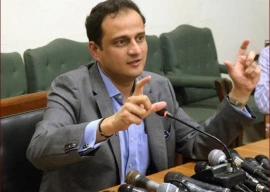
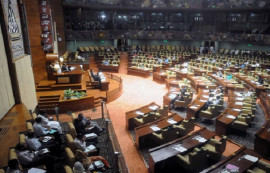
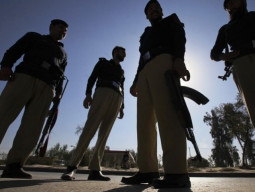
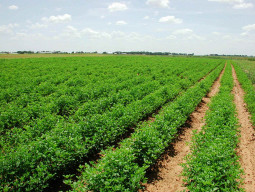

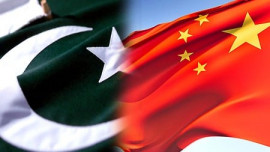

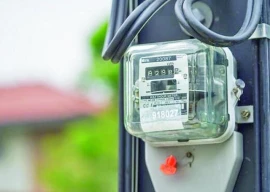
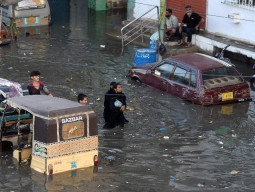
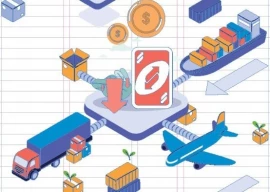

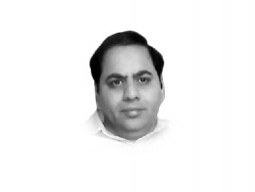

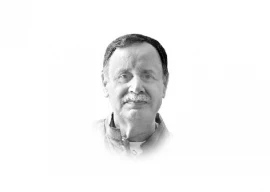



COMMENTS
Comments are moderated and generally will be posted if they are on-topic and not abusive.
For more information, please see our Comments FAQ